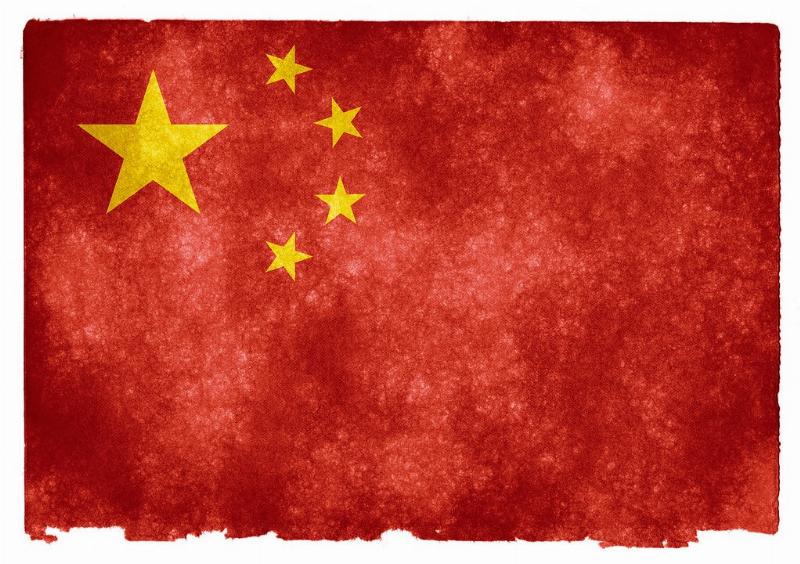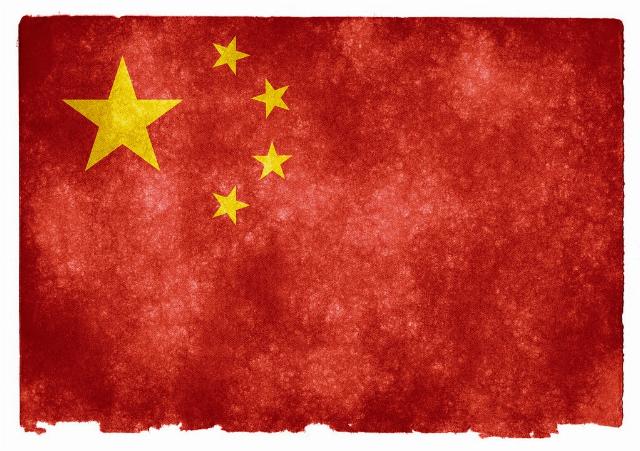


As U.S. tariffs tighten the screws on China’s export machine, Beijing is striking back with strategic precision. Export restrictions on rare earths are now Beijing’s latest move to break down European trade barriers and push back against escalating pressure from Washington.
In today’s global trade standoff, the gloves are off. The U.S. is wielding its market clout -- 25% of global consumption originates from the American domestic market. Anyone in the export business must deal with the United States. China, meanwhile, holds an current monopoly on rare earths -- and is making it clear it will not hesitate to weaponize that dominance. The stakes are rising, and national interests now override globalist courtesies.
No Friends -- Only Alliances
Europe is learning the hard way: in geopolitics, there are no friends, only temporary alliances. China’s tightened export controls on rare earth elements risk plunging Germany’s industrial sector into a severe resource crisis. With nearly 85% of global rare earth refining under its control, Beijing is the chief supplier of key metals like dysprosium, terbium, and yttrium -- critical for electric motors, medical tech, and defense systems.
Since April 2025, access to these raw materials has been restricted to licensed exporters only -- a de facto embargo. The fallout is immediate: several German manufacturers have already been forced to scale back operations. Others face complete shutdowns. Industrial metal prices continue climbing, and the fragility of global supply chains is now exposed in brutal detail. Europe’s resource dependency is becoming a major liability -- and a strategic weakness in the coming trade war negotiations.
Target: New Markets
China’s export curbs are a calculated pressure tactic in its standoff with both the U.S. and EU. Beijing is feeling the squeeze from the Trump administration’s hardline trade policy. If Washington fails to shrink its massive trade deficit and restore U.S. industrial capacity, Trump’s economic agenda is toast.
Beijing faces its own nightmare scenario. To appease U.S. demands and cut trade surpluses, it would need to let the yuan rise -- risking domestic unrest. A more affluent middle class might start demanding political influence. That’s a nightmare for China’s authoritarian elite.
At the same time, the economic foundation of Communist Party rule is crumbling. China’s domestic economy is faltering, its real estate and industrial sectors flashing recessionary signals. The Party’s once-effective social contract -- "stay out of politics and we’ll deliver prosperity" -- is losing credibility amid youth unemployment and economic stagnation.
Last Resort or Final Strike?
Backed into a corner, Beijing is playing its most effective hand: rare earths. This isn’t just about economics -- it’s a geopolitical chess move aimed at shielding internal stability. China’s message is clear: Europe must absorb the blow of lost access to the U.S. market. Beijing, like Brussels, has no intention of abandoning its mercantilist model. This is “beggar-thy-neighbor” economics -- a raw attempt to offload domestic dysfunction via the global export channel.
The threat is explicit: comply or get cut off. Europe’s vulnerability lies in its dependence on critical raw materials -- a strategic Achilles’ heel now fully exposed.
Mirror Images
In truth, the EU and China are ideological kin in economic matters. Both embrace protectionism, currency management, and top-down trade policies. The EU has long run a surplus with the U.S., enabled by regulatory barriers, currency rigging, and bureaucratic hurdles that obstruct non-European firms.
It’s hard to imagine Brussels tolerating a Chinese strategy of dumping U.S.-displaced goods into Europe. The consequences would be dire: flooded markets, collapsing industries, rising unemployment -- all at a moment of fiscal and political fragility for Europe.
This is no ordinary trade dispute -- it’s open economic warfare. At stake: sovereignty, economic survival, and Europe's ability to remain viable in an age of geoeconomic confrontation.
Airbus: Trojan Horse Diplomacy
China is also dangling a carrot. Behind closed doors, Beijing is reportedly negotiating a multi-billion-dollar aircraft deal with Airbus -- potentially for up to 300 planes, spanning short- and long-haul fleets, according to Bloomberg.
A signed deal would be a windfall for Airbus -- but also a geopolitical statement. Beijing would cast it as diplomatic outreach, even as it tightens the noose with rare earth controls. Europe must now decide: chase short-term industrial gains, or guard against long-term strategic dependency?
The aircraft deal smells like a Trojan horse, wrapped in a threadbare cloak of cooperation, concealing a far more aggressive strategy beneath.
Thomas Kolbe, born in 1978 in Neuss/Germany, is a graduate economist. For over 25 years, he has worked as a journalist and media producer for clients from various industries and business associations. As a publicist, he focuses on economic processes and observes geopolitical events from the perspective of the capital markets. His publications follow a philosophy that focuses on the individual and their right to self-determination.

Image: Nicolas Raymond
